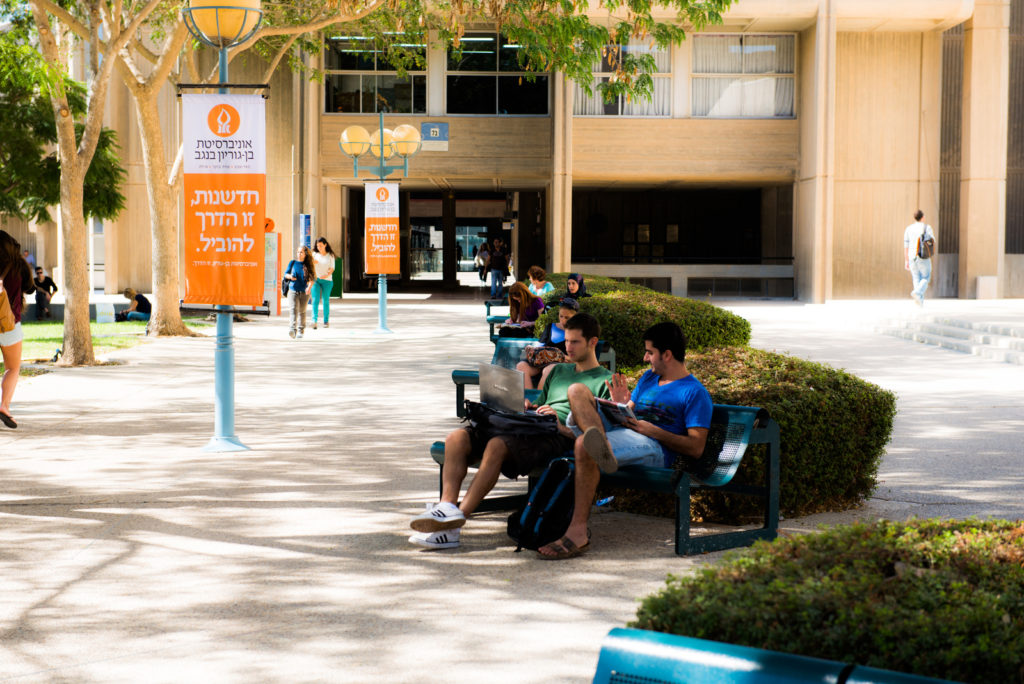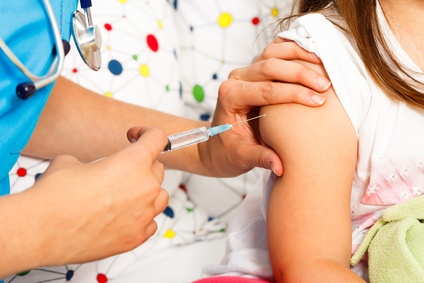
Face Masks Are Disrupting Facial Recognition
Face Masks Are Disrupting Facial Recognition
December 30, 2020
U.S. News & World Report — A new study confirms that it can be hard to recognize people when they’re wearing masks during the COVID-19 pandemic.

Prof. Tzvi Ganel
“For those of you who don’t always recognize a friend or acquaintance wearing a mask, you are not alone,” say researchers Prof. Tzvi Ganel, head of the Laboratory for Visual Perception and Action at the BGU Department of Psychology, and Prof. Erez Freud, who earned his Ph.D. at BGU and is now a faculty member at York University in Toronto, Ontario.
“Faces are among the most informative and significant visual stimuli in human perception and play a unique role in communicative, social daily interactions,” they note. “The unprecedented effort to minimize COVID-19 transmission has created a new dimension in facial recognition due to mask wearing.”
For their online study, they assessed how well nearly 500 people could identify masked and unmasked faces.
The participants were 15% less likely to identify someone wearing a mask, according to findings published Dec. 21 in the journal Scientific Reports.
Researchers found that masks interfere with getting an overall impression of faces and force people to check out specific facial features, which takes longer and is a less accurate.
“Instead of looking at the entire face, we’re now forced to look at eyes, nose, cheeks and other visible elements separately to construct an entire facial face percept — which we used to do instantly,” the researchers explain.
They note that the challenge of identifying people wearing masks could have major effects on daily life, including social interactions and education.
“Given that mask wearing has rapidly become an important norm in countries around the globe, future research should explore the social and psychological implications of wearing masks on human behavior,” Ganel says. “The magnitude of the effect of masks that we report in the current study is probably an underestimation of the actual degree in performance dropdown for masked faces.”



